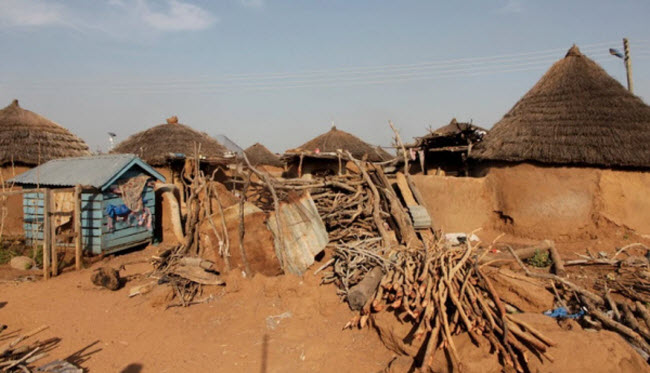Camps are established in many countries for various purposes, such as sports training camps or scout gatherings aimed at teaching children self-reliance. However, in Ghana, located in West Africa, there exists a unique and troubling type of camp that is rare elsewhere in the world: witch camps. These camps are designated places where women, accused of witchcraft, are isolated and confined. Often, the accusations arise from misfortune befalling a village or unusual behavior exhibited by a woman, such as exhibiting symptoms of a mental illness. In some cases, the accusation of witchcraft is used as a convenient excuse to remove a woman from the community, perhaps to claim her inheritance or for other trivial reasons.
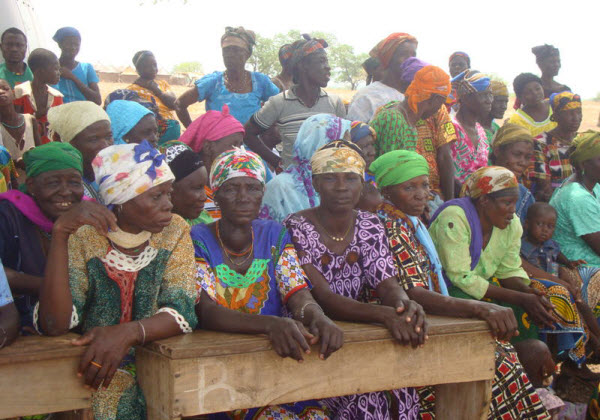
The witch camps were established over 100 years ago when village leaders decided to create safe, isolated areas for women accused of witchcraft. These camps are managed by individuals known as “tindanas,” who are believed to have the power to purify the accused and protect the community from any harm they may cause. There are currently at least six such camps, including “Bonyasi,” “Jambaga,” “Ghanaani,” “Kpatenga,” “Koku,” and “Napoli,” housing over 1,000 women. These women live in close quarters in huts with no electricity or running water. The roofs of their shelters leak when it rains, and they must walk kilometers to fetch water from rivers, carrying heavy pots. Their harsh lifestyle is mitigated only by the safety they find from external threats. To sustain themselves, they gather firewood, sell small bags of peanuts, or work on neighboring farms.

In Ghana, some citizens believe in a connection between black magic and various misfortunes, such as disease outbreaks, livestock deaths, droughts, fires, and other natural disasters. Often, elderly women become the targets of these accusations. Notably, over 70% of the women in these camps have been accused and expelled after the death of their husbands, suggesting that accusations of witchcraft may be a way for families to gain control over the deceased’s property. Some women are sent to these camps because they were successful farmers, ran profitable businesses, or dared to engage in activities typically reserved for men. In some cases, accusations have been as absurd as a woman appearing in someone’s dream or being compared to sea deities that allegedly lure men to their deaths.
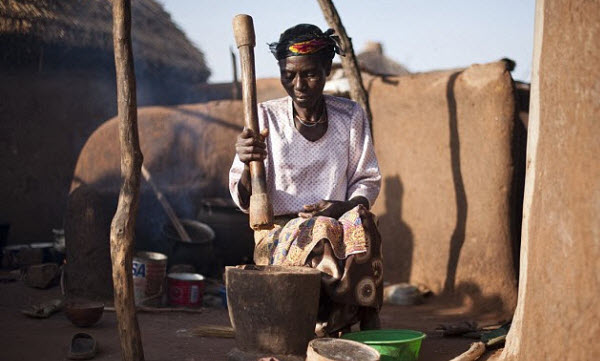
To determine whether a woman is truly a witch, the camps perform bizarre rituals. The accused must buy a brightly colored chicken, which is presented to the resident priest who recites incantations before slaughtering the chicken. The manner in which the chicken dies is scrutinized: if it falls on its back, the woman is deemed innocent and blessed with holy water. If it falls on its side, she is considered guilty and subjected to severe purification rituals involving a mixture of chicken blood, monkey skulls, and soil. She must drink this concoction without becoming ill within seven days to dispel the evil spirits; if not, she must repeat the process.
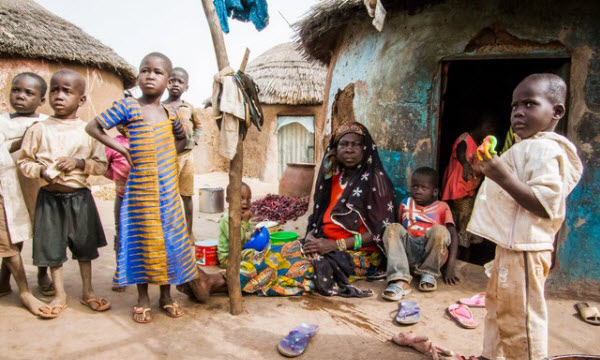
Observers and activists argue that the witch camps represent a dramatic aspect of the status of women in Ghana. Elderly women who are no longer deemed useful and those who do not conform to societal expectations become victims of witchcraft accusations, which are often driven by hatred, jealousy, and a desire to remove them. Many of these women suffer from mental illnesses like depression or dementia, which are easily diagnosable by mental health professionals. However, due to the difficulty in understanding these conditions within these communities, accusations of witchcraft or possession are prevalent. This has prompted humanitarian organizations to provide aid to these camps, addressing the dire conditions and offering basic necessities, psychological support, and education on women’s rights and self-sufficiency.
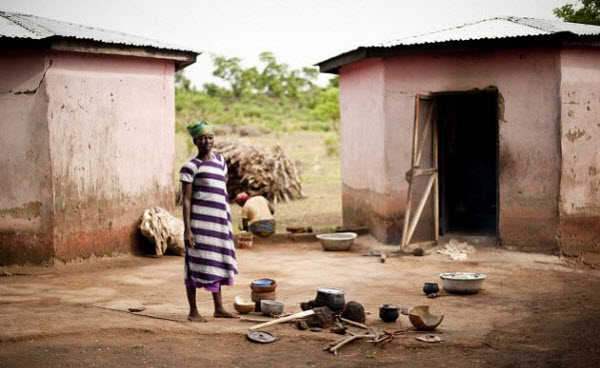
The Ghanaian government views the witch camps as a stain on the reputation of one of West Africa’s most progressive and vibrant countries. It has pledged to act swiftly to close these camps and reintegrate the women into their communities. Although some camps have already been shut down, the process is complex. Reintegrating these women into their original villages poses significant risks, necessitating a campaign to educate the villagers about the non-existence of witches and the normalcy of these women before the remaining camps can be closed. This process is expected to take between 10 to 15 years, leading authorities to delay the closure of the remaining camps until further notice.
